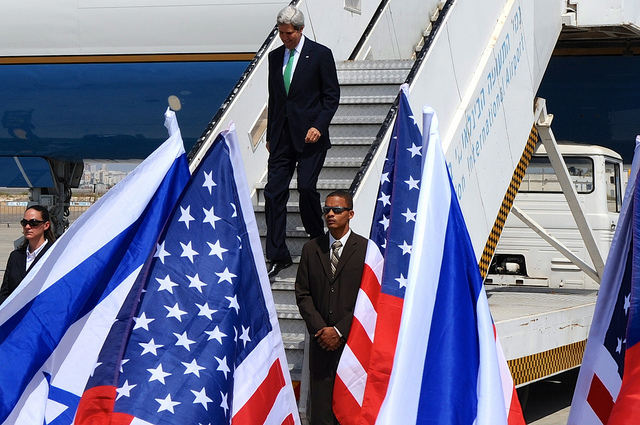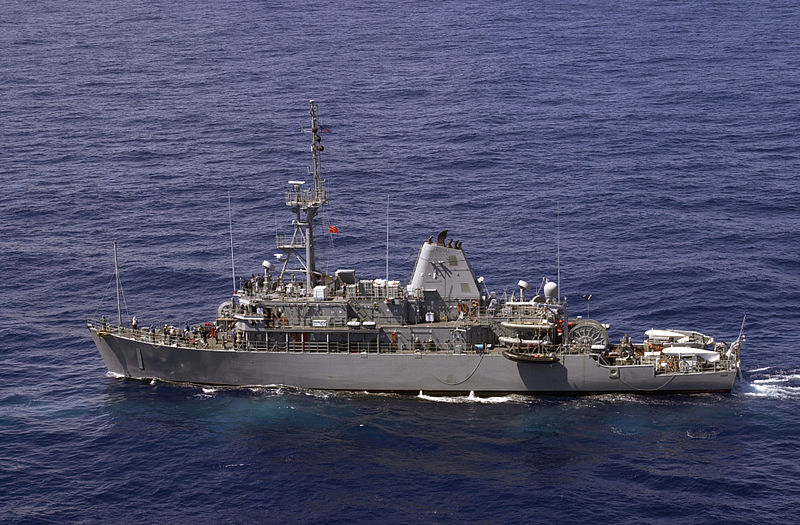The conflict in Syria has now killed over 100,000 people, and the war appears likely to continue on with no end in sight: recent reports suggest that the conflict’s long stalemate has begun to shift in favor of the regime, though it remains unclear if the Assad government will ever again be able to control and govern the entire country. Throughout the conflict observers have called for international action to halt the killing, with recommendations ranging from providing rebels with arms, imposing a no-fly zone designed to ground the regime’s air force, or airstrikes and the enforcement of “safe zones” in support of the rebels. Fred Kaplan recently asked if it was “too late” for the United States to make a major positive difference in the conflict, concluding that the Obama administration’s always-limited options are now far worse than they have ever been.
Of course, uncertainty is one of the core barriers to enlightened foreign policy, and many have argued that prospective interventions to end the fighting would only make the situation worse. But given what we know today, imagine that you could advise President Obama at the outset of the war. What would your advice be? Would this advice differ from what you would favor today? And how should international strategies to stop killings early in conflicts differ from those pursued later on?
Last week’s puzzler asked the question “Why would the US warn Hezbollah of an impending Al Qaeda attack?” Like reader Sean, we are dubious that the purpose of the warning had to do with solely humanitarian concerns. Instead, it seems logical for the US to warn any of its allies (the official government of Lebanon, in this case) of a major terrorist attack whenever it has actionable intelligence on such an impending event. Like it or not, Hezbollah is a part of the scene in Lebanon’s political life, and a major bombing there — regardless of the target — could have series consequences for regional stability. Moreover, in this case the US had truly actionable intelligence on an impending attack. Actionable intelligence doesn’t come along every day. When you have it, you probably want to use it.






0 comments